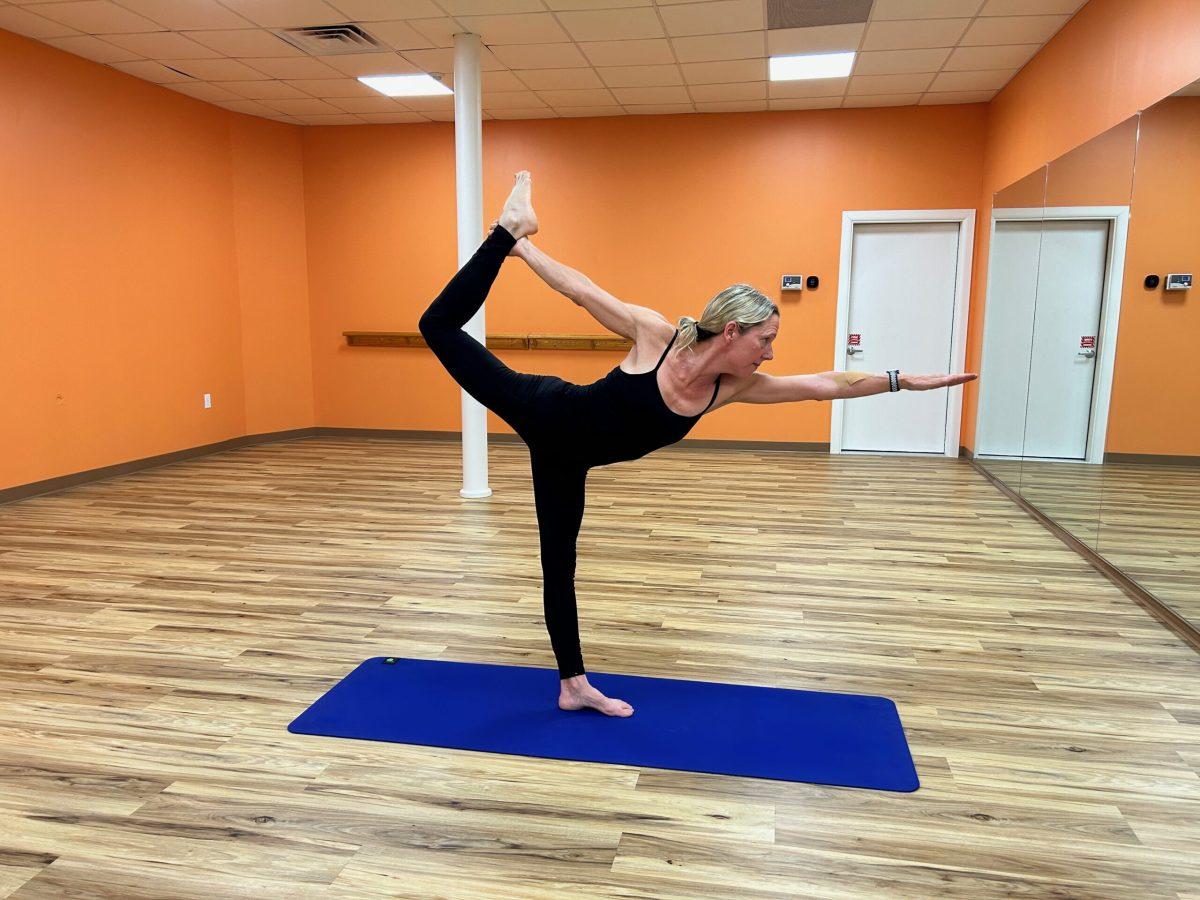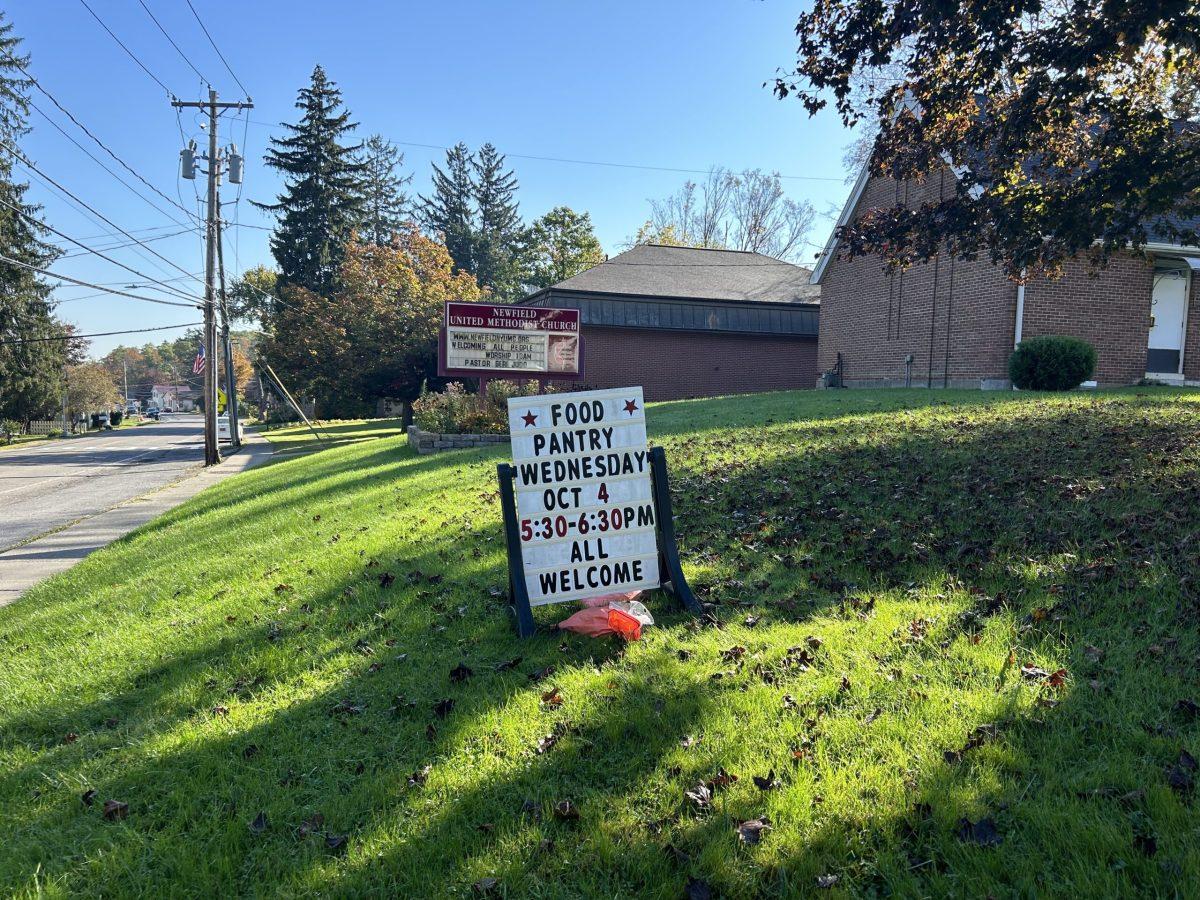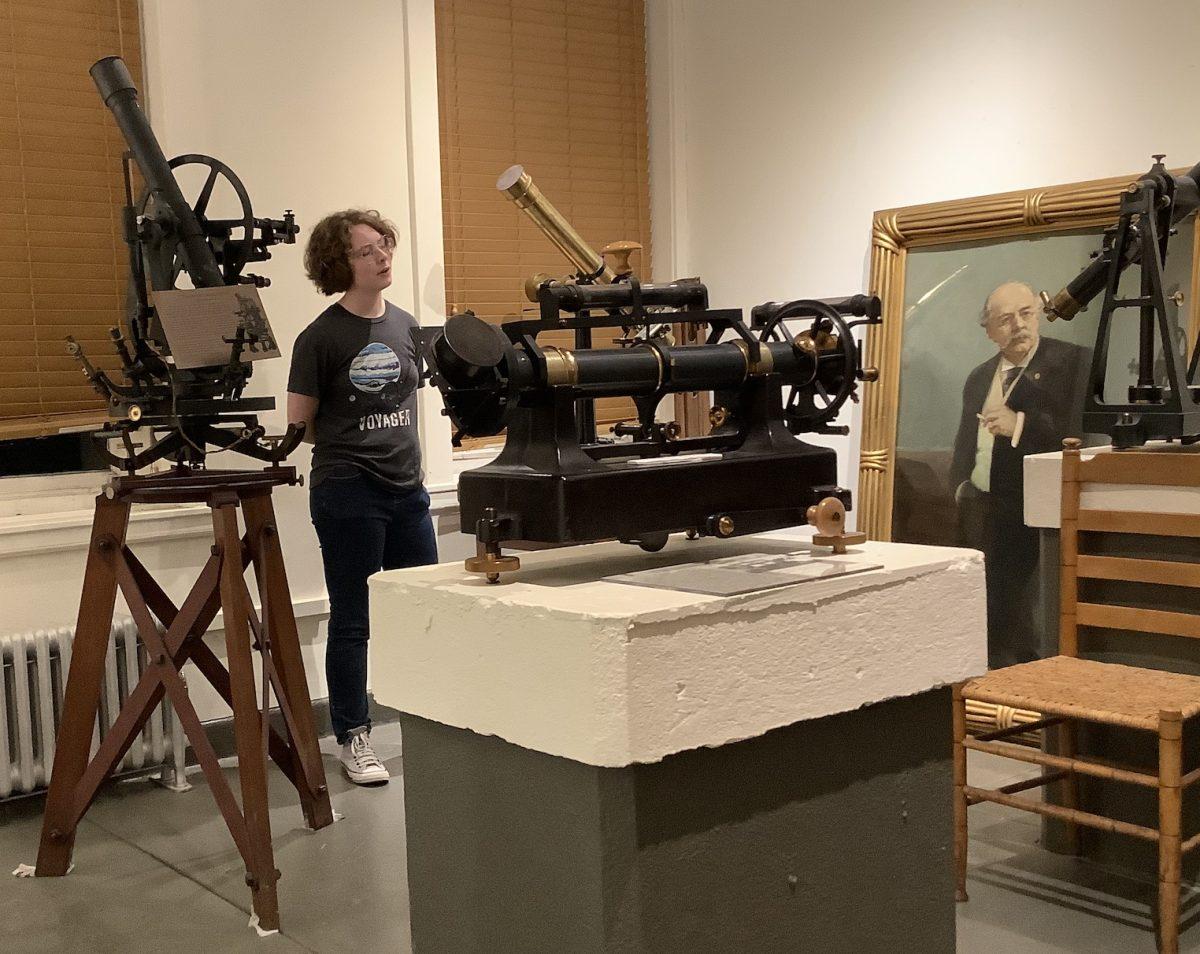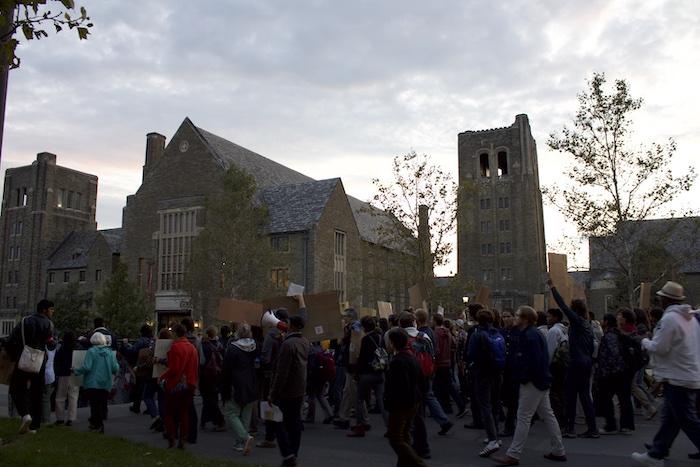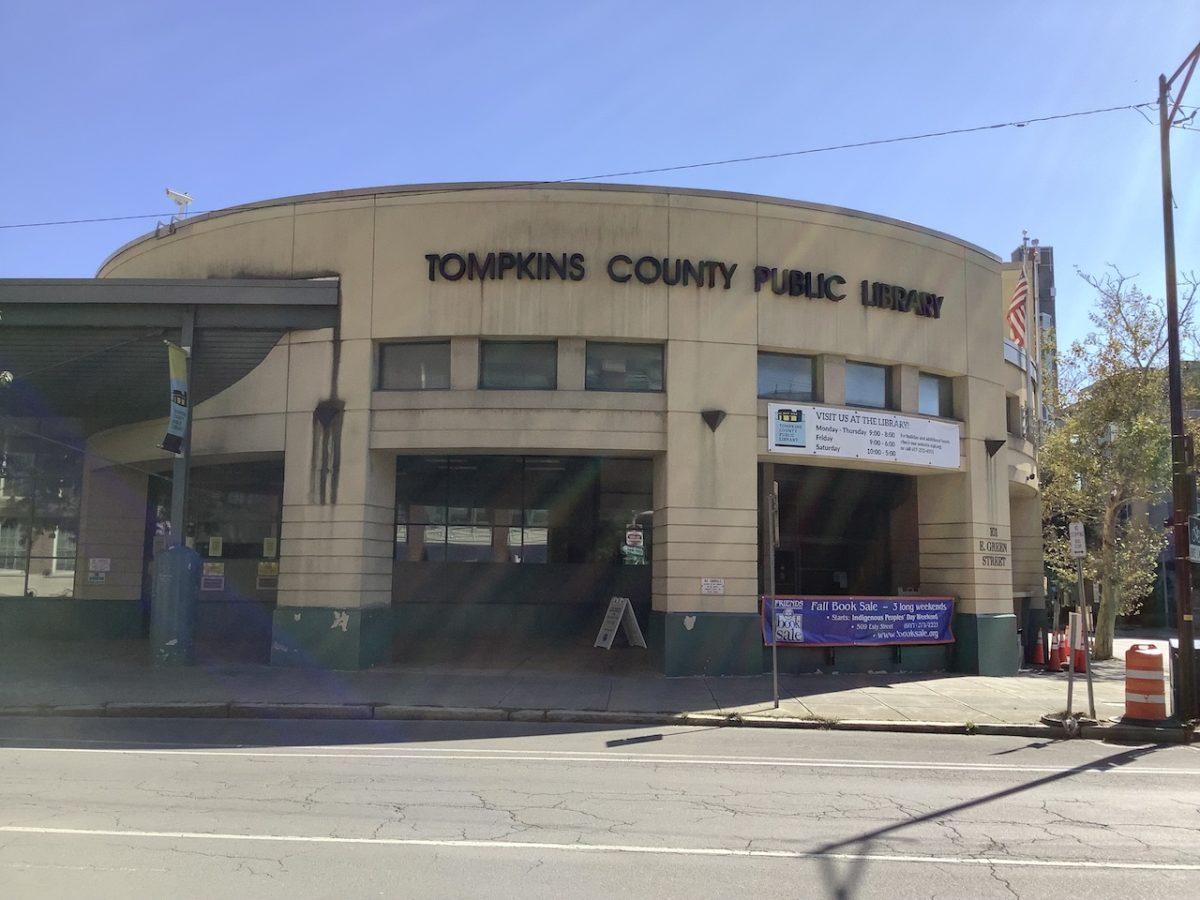“Honestly, the riding is the easiest part,” he said.
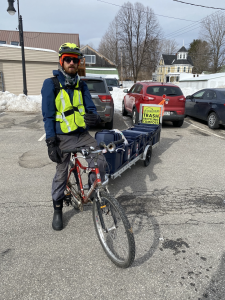
Bondesen is a co-owner of Spoke Folks, a worker-owned cooperative located in Norway, Maine. The business aims to reduce the greenhouse gas emissions associated with solid waste by using a cargo bike to collect it.
Clients can pick a service – trash, recycling, compost or a combination of services – they need and how often they would like Spoke Folks to pick it up.
Climate Change and Waste
Solid waste is a big contributor to global warming, especially in landfills. According to the Environmental Protection Agency (EPA), in 2019, municipal landfills emitted 91,036,752 metric tons of greenhouse gases – 82.5 percent of the total waste emissions.
Additionally, Spoke Folks collects food waste for composting. This waste emits methane in landfills, but through composting, it can absorb CO2. The soil produced through the composting process will be used in the Alan Day Community Garden located in Norway.
“Offering that is a way to tap into this waste stream that already exists and to transform it, recapture it, and … create something beneficial to the community,” Bondesen said.
The idea for Spoke Folks began in 2015 when Scott Vlaun, executive director of the Center for an Ecology Based Economy (CEBE) and co-owner of Spoke Folks,
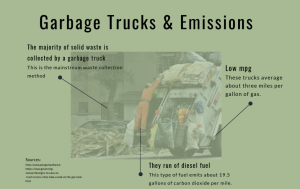
began researching the Pedal People Cooperative in Northampton, Mass., which uses a similar business model. After CEBE received training through the United States Department of Agriculture’s Rural Communities Development Initiative and support through the Cooperative Development Institute (CDI), Spoke Folks was launched.
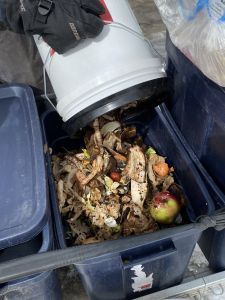
The COVID-19 pandemic postponed the initial summer of 2020 start date – during which they delivered food via bike – but they were able to launch this past October. Vlaun said the feedback from the community has been good but that they hope to further change mindsets.
“People get very habitual about how they handle their trash and recycling and they’ve got that little thing that they do … there’s kind of just this inertia,” Vlaun said.
Both Vlaun and Jess Cooper, a co-owner, said the Norway and South Paris area is ideal for this initiative due to its flatness. It also has opportunities to host community workshops.
“Our area is pretty perfectly situated to do what we’re doing,” Cooper said. “I think it made [Pedal People’s] idea easier for Scott to visualize but also for me, it goes with that ecological aspect of educating people about their waste, and we have too much of it.”
Spoke Folks is also a cooperative. This type of business model is democratically managed and focuses on equality and equity among members. At Spoke Folks, each of the four co-owners also work at the company.
“Our worker-owners are their own bosses … we all have the same amount of voice and power and it’s really great,” Cooper said.
Bondesen said that, right now, he is only riding a couple miles per pick-up day. He said he hopes this increases because that would mean they are getting more customers and cleaner waste management in the community. A long-term goal of the company is to service 300 households in the area.
“On the one hand, it’s one less thing they have to worry about doing, and then it’s a way to reduce the carbon footprint on the trash they’re producing,” Bondesen said.
“It’s a really feel-good convenience,” Vlaun added.
Krissy Waite is working remotely this semester from her home base in Maine. This story reflects her local reporting from there.
Learn more:
For more on how greenhouse gasses work, see: NASA
For more on cooperatives: Grassroots Economic Organizing
Word play: Perdue

